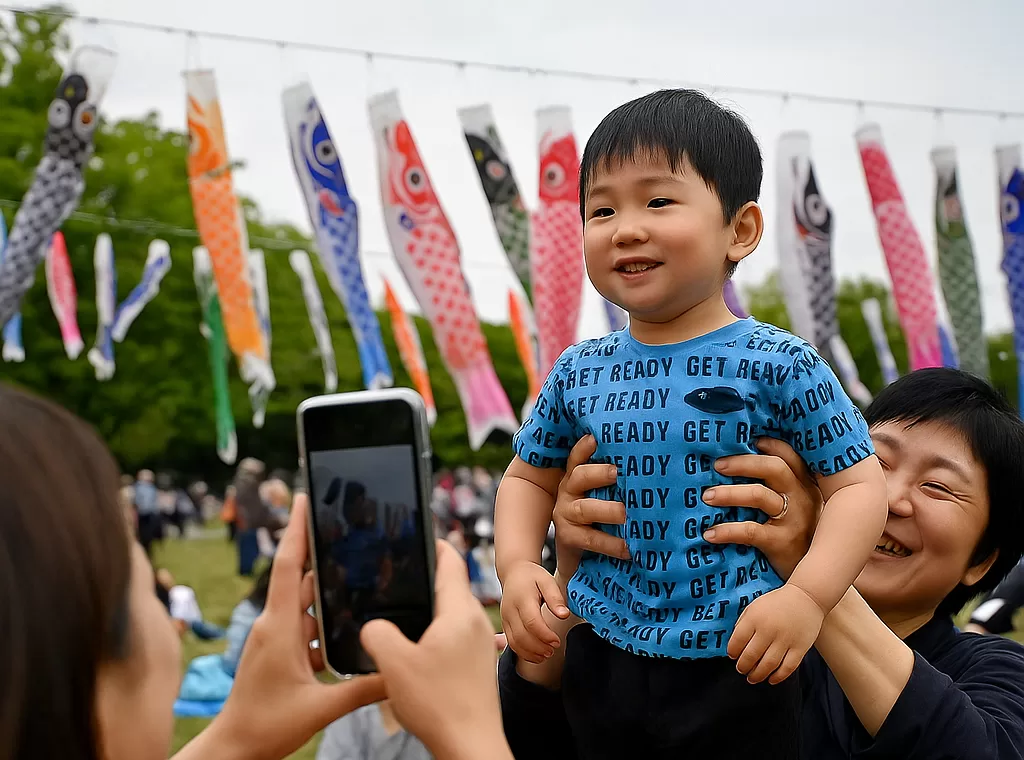
TOKYO, July 5 (WSH) — As Japan grapples with a deepening demographic crisis marked by record-low birthrates and soaring elderly populations, the government has unveiled a controversial proposal to levy financial contributions—dubbed by critics as a “childless tax”—on all residents to support parenting households.
The initiative, officially named the Child and Childcare Support Fund, was recently approved as part of Prime Minister Shigeru Ishiba’s policy drive to reverse Japan’s population decline. In 2024, Japan recorded just 686,000 births, the lowest since records began in 1899. Simultaneously, over 29% of the population is now over 65, placing immense pressure on healthcare and pension systems.
Mandatory Contributions, Limited Impact
Under the plan, starting April 2026, both Japanese citizens and long-term foreign residents will be required to pay monthly fees, deducted via health or employment insurance. Contributions vary by income, age, and insurance type. For example, a salaried worker earning ¥2 million (approx. $12,400 USD) annually will pay around ¥350 per month.
Despite modest amounts, critics argue the policy unfairly burdens singles and childless households while doing little to address root causes such as stagnant wages, rising living costs, and insecure employment.
Not a Tax—But Feels Like One
To sidestep legislative hurdles, the government is framing the levy as a “support fund” rather than a new tax. However, the mandatory nature and lack of direct benefits to non-parents have led many to deride it as a stealth “single tax” or “childless penalty.”
“Tax burdens are already overwhelming,” said one online commenter. “Now they expect us to fund families we’re not part of?”
Incentives vs. Reality
The collected funds will go toward expanding childcare subsidies, offering cash to expectant mothers, extending leave benefits for working parents, and improving early childhood care access. However, experts warn that these measures are insufficient. According to Kyoto University professor Yuya Shibata, the policy may lift the fertility rate by only 0.1, far below the level needed for sustainable demographic recovery.
Even the government admits that total benefits from birth to high school would amount to around ¥3.52 million per child—while actual parenting costs exceed ¥10 million.
Public Distrust and Political Fallout
The proposal comes amid plummeting public trust in Japan’s ruling Liberal Democratic Party, rocked by corruption scandals and seen as out of touch with young voters. Observers believe the childcare levy could further damage the party’s standing ahead of upcoming upper house elections.
Critics say that without deep structural reforms—higher wages, affordable housing, and work-life balance—the policy is “too little, too late.”
“The issue isn’t just about having children,” said one analyst. “It’s about whether young people see a future worth investing in.”


